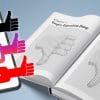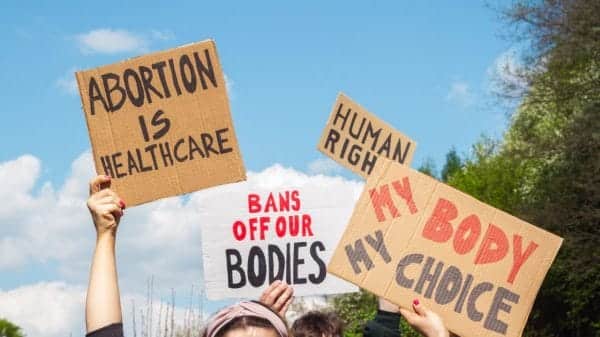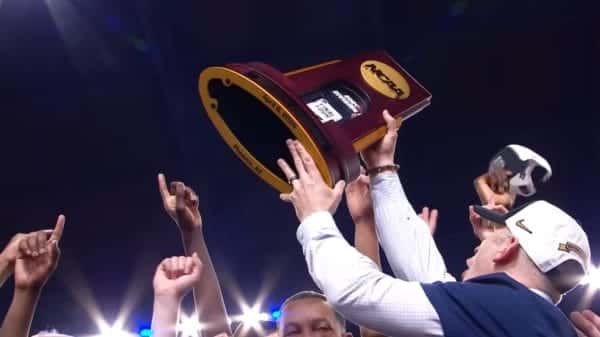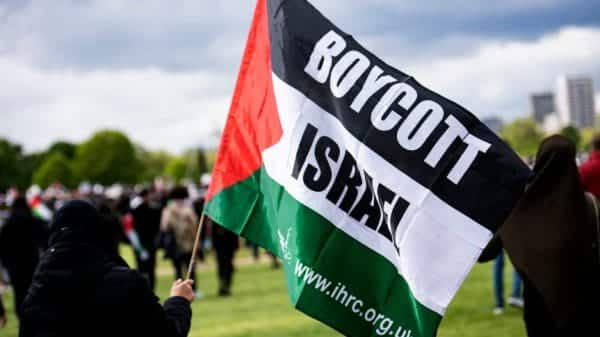You may have seen some news stories this week and last regarding the attack on Salman Rushdie. Given the particularly violent nature of the attack, a definite shock factor has been delivered alongside this news. As a result, it is not surprising that news outlets are peppered abundantly with stories about the event. Coverage is always essential, but it can be tricky to grasp the critical events when so many articles are on offer. So, here’s a brief and bitesize look at everything you should know about the incident.
Who is Salman Rushdie?
- Ahmed Salman Rushdie was born in Bombay on June 19, 1947. He eventually moved to England, where he graduated from King’s College, Cambridge, with a Bachelor of Arts degree in history.
- Rushdie’s first novel, Grimus (1975), did not gather much attention if any. However, his next book, Midnight’s Children (1981), propelled him into literary nobility. The book won the 1981 Booker Prize.
- His most controversial work, The Satanic Verses, was published in 1988.
- Rushdie’s narrative style centers around blending myth and fantasy with notes of Realism running throughout, such as disruptions, and migrations between Eastern and Western Civilizations typically set on the Indian Subcontinent.
Recognition:
- In 1983, Rushdie was elected a fellow of the Royal Society of Literature.
- He was also appointed a Commandeur de l’Ordre des Arts et des Lettres of France in 1999.
- In 2007, Rushdie was knighted for his services to literature.
- In 2008, The Times ranked him 13th on its list of the 50 greatest British writers since 1945.
What happened?
- On August 12 2022, Rushdie was attacked onstage while speaking at a literary festival at the Chautauqua Institution about the importance of America giving asylum to exiled writers.
- New York State Police Major Eugene J. Staniszewski reported that Rushdie sustained three stab wounds to his neck, four stab wounds to his stomach, puncture wounds to his right eye and chest, and a laceration on his right thigh. Rushdie suffered heavy bleeding and was required to be on ventilation; however, on August 14, Rushdie was reportedly off the ventilator and able to talk.
- The attacker, Hadi Matar, 24, had bought a ticket, supposedly rushed on stage and stabbed Rushdie before he was eventually tackled by spectators, institution staff and two local law enforcement officers.
- Matar has pleaded not guilty to second-degree attempted murder and assault charges, and in an interview with the New York Post from jail, Matar described Rushdie as ‘someone who attacked Islam’.
- In a court appearance on Thursday, August 18, a judge ordered Mr Matar to be held without bail at Chautauqua County Jail in New York.

Why did the attack happen?
- Rushdie’s The Satanic Verses, published in 1988, became the focal point of controversy in the Fundamentalist Muslim world. This reaction was due to its irreverent depiction of the prophet Muhammad and what some Muslims considered blasphemous references.
- On February 14, 1989, a fatwa declaring Rushdie’s execution was placed on him by Ayatollah Ruhollah Khomeini, the leader of Iran, calling his book “blasphemous against Islam”.
- Moreover, Khomeini accused Rushdie of “apostasy” (attempting to abandon the Islamic faith), which, according to the Hadith, is punishable by death. This indictment resulted from Rushdie’s communication through the novel that he no longer believes in Islam.
- Since 1988 the Iranian regime has since sought to distance itself from the fatwa, but the price on Rushdie’s head was increased in recent years to more than $3m.
- The British Conservative government under Margaret Thatcher gave Rushdie round-the-clock police protection. Nonetheless, there have been various occasions leading up to the recent attack in which Rushdie’s security was compromised:
Failed assassination attempt (1989): On August 3, 1989, Mustafa Mazeh planted a book bomb in a hotel in Paddington, Central London. However, the bomb exploded unexpectedly, destroying two hotel floors and killing Mazeh. On a shrine in Tehran’s Behest-e Zahra cemetery for Mazeh is written ‘Martyred in London, August 3, 1989. The first martyr to die on a mission to kill Salman Rushdie.
Al-Qaeda hit list (2010): An Al-Qaeda hit list was published in Inspire magazine by Anwar al-Awlaki. The list included Rushdie and various other figures accused of insulting Islam.
Jaipur Literature Festival (2012): In January 2012, Rushdie was set to appear at the Jaipur Literature Festival in Jaipur, Rajasthan, India. He later canceled his appearance and a further tour of India at the event. Though it was cited that the primary cause was a possible threat to life, this was later cast into doubt. Rushdie indicated that the state police agencies had lied to keep him away. It was later contended by the police that they were fearful Rushdie would read from the prohibited The Satanic Verses.
Despite these events, the recent Chautauqua attack was the most successful act of violence against Rushdie. However, Rushdie’s attacker, Matar, is yet to confirm that the attack was in response or related to the fatwa though he did state: ‘I respect Ayatollah. I think he’s a great person. That’s as far as I will say about that.
The Latest News
- Rushdie’s agents have stated that Rushdie is on the road to recovery, but this is likely to be a long journey as he was significantly injured.
- Matar told the New York Post that he had only read a few pages of Rushdie’s controversial novel and that a tweet posted in the winter instigated his plan to attack the Chautauqua Institution.
- The attack has provoked discussion by writers and politicians who view this as an attack on the ideology of freedom of expression. For example, UK Prime Minister Boris Johnson tweeted, “Appalled that Sir Salman Rushdie has been stabbed while exercising a right we should never cease to defend.
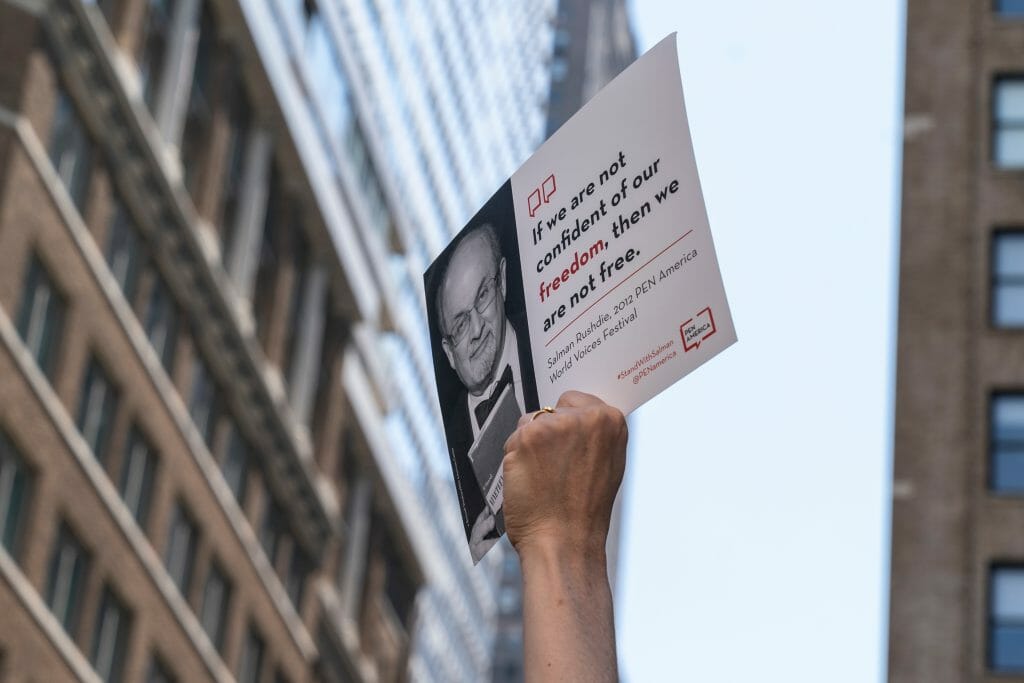
So, that’s your roundup of all the most crucial details regarding the incident. The story is likely to continue developing as more details are shed on Rushdie’s condition, his response to the attack, and the consequences Matar will face. But, for now, you are caught up on the essential components of the story.
If you’d like to catch up on some more important news stories, why not check this one out? And, while you’re at it, why not comment your thoughts on the attack in the section below?





